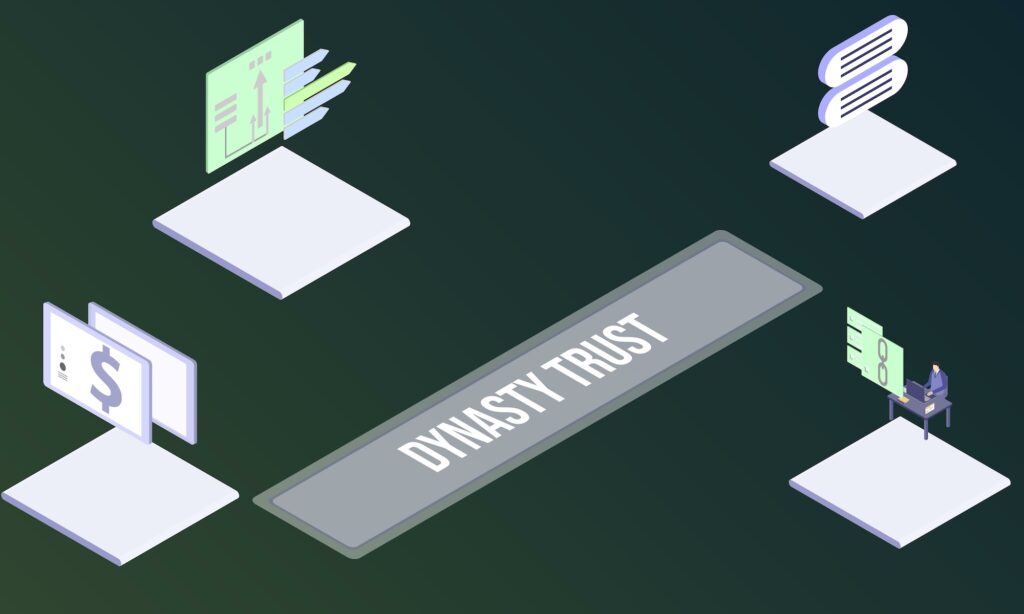Who would care for your pet if you die or somehow face incapacitation? Would your survivors know how to give your pet the same level of care you provide? A good way to ensure your pet is well cared for if something happens to you is to create a pet trust.
Category Archives: Trustee
Parents of a special needs child could purchase life insurance for a child to benefit family caregivers.
Unlike a will, a trust will help keep your estate from going through an expensive, time-consuming, and public probate process. If you set up a trust, with trustees, you still create a will, but it becomes a pour-over will, which moves (pours) your assets into your trust.
When people create estate plans, they typically focus on distributing their money and property to loved ones. For those interested in multigenerational wealth transfer, consider dynasty trusts.
The beneficiary of a blind trust also has no knowledge of what goes on with the trust. However, in most cases, the trust-maker is also the beneficiary. That is, the trust contains their personal money and property, and the trustee manages that money and property for the benefit of the trust-maker-beneficiary—the trust-maker-beneficiary just has no knowledge of, or control over, the activities of the trust.
Your estate attorney can set up joint ownership to create and transfer property. However, this solution comes with its own set of concerns. TOD and POD accounts efficiently and immediately transfer funds to the named recipient after the account owner’s death, outside of probate.
The trust created often leaves instructions to the trustee. In these, they note that older children earn an advancement from the common trust. They use this to pay for expenses such as buying a home or starting a business.
When a married couple (the grantors) uses a joint RLT for estate planning, they also serve as initial trustees of the trust. The grantors then combine their separate property and joint property into the same trust.
Does creating or updating your estate planning seem daunting? If so, this blog addresses common questions senior citizens ask about estate planning.
Depending on your parenting philosophy, decide you you want to treat your children or grandchildren. Treating loved ones equally means that they all receive the same amount.











